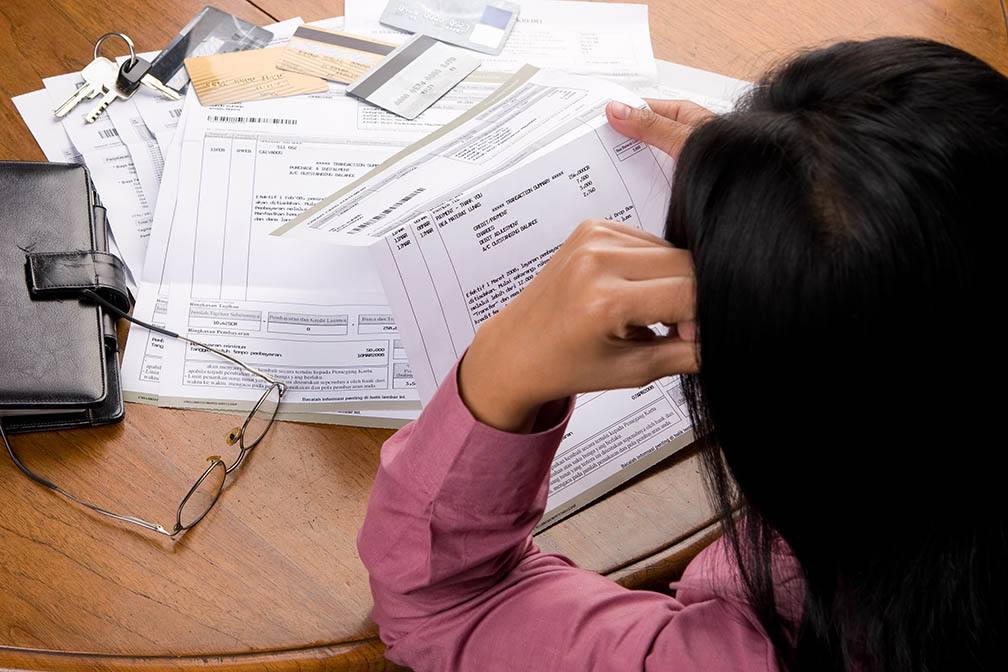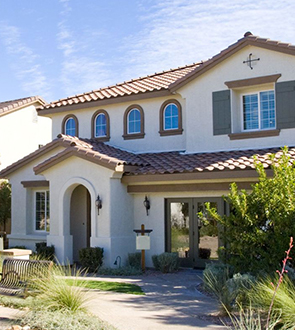Can I Qualify for a Mortgage After Declaring Bankruptcy? Yes — and Here’s How
 It may feel like a very daunting task to consider buying a home after you’ve declared bankruptcy, and there’s no doubt that it’s an uphill battle. Fortunately, while you’ll have hard work ahead, there are things you can do in order to make your dream of home ownership a possibility. Whether you’ve just declared bankruptcy or some time has passed, here are some things you should consider before getting into the market.
It may feel like a very daunting task to consider buying a home after you’ve declared bankruptcy, and there’s no doubt that it’s an uphill battle. Fortunately, while you’ll have hard work ahead, there are things you can do in order to make your dream of home ownership a possibility. Whether you’ve just declared bankruptcy or some time has passed, here are some things you should consider before getting into the market.
Wait It Out
It might not be what you want to hear, but it’s, unfortunately, the case that you’ll have to wait at least two years before you purchase a home following bankruptcy. Since lenders will not want to take the risk on someone that has proven to have poor financial habits, they will require a waiting period in order for the credit risk you pose to improve. While this may seem like a long time, take the opportunity to improve your financial habits so you can be amply prepared when the time comes.
Build Up Your Credit
In order to own a home, you’ll need to develop some solid financial habits, and that means getting on top of your finances even in times when it feels like you have no leverage. Ensure you get a copy of your credit report and, if you notice any errors, reach out to the credit bureau for corrections. It’s also a good idea to consider applying for a secured credit card and ensure that you pay all of your bills on time. While it might feel like a lengthy task, developing good habits will have a positive impact on your credit over time.
Prepare For Your Payment
When it comes to a poor credit history, you’ll need to pull out every stop you can to that convince lenders that you’re a solid financial bet. Instead of wasting the time, write up a budget for yourself and save a sizeable sum for your down payment each month. It’s possible that 10 or 15% down will do, but a 20% payment will help you avoid private mortgage insurance (PMI) and will go further in convincing lenders of your reliability.
It’s more than a little disheartening to have to deal with bankruptcy, but by waiting it out and developing good financial habits in the interim, you’ll be well on your way to buying a home. If you’re currently preparing to purchase, contact your trusted mortgage professional for more information.

 It can be hard to stay on top of a changing real estate market from day-to-day, but it’s a matter of fact that there are more available mortgage products out there than ever before for many different kinds of homebuyers. If you’re wondering how you can take advantage of easier lending opportunities and strike while the iron is hot, here are some things to consider.
It can be hard to stay on top of a changing real estate market from day-to-day, but it’s a matter of fact that there are more available mortgage products out there than ever before for many different kinds of homebuyers. If you’re wondering how you can take advantage of easier lending opportunities and strike while the iron is hot, here are some things to consider. Sales of new and previously owned homes were lower in April after reaching near-record levels in March. Mortgage rates were lower last week and new jobless claims were little changed.
Sales of new and previously owned homes were lower in April after reaching near-record levels in March. Mortgage rates were lower last week and new jobless claims were little changed.